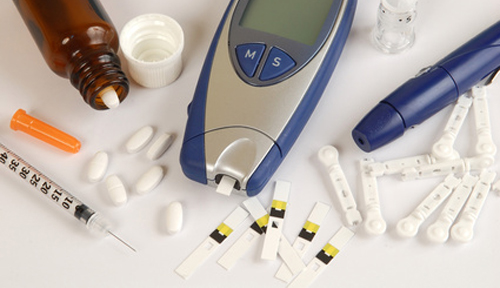Firm has a preclinical insulin candidate, the release of which is based on glucose.
Merck & Co. is acquiring SmartCells, a private company developing a glucose-responsive insulin formulation for the treatment of diabetes mellitus. SmartCells shareholders will receive an up-front cash payment and be eligible to receive clinical development and regulatory milestones for potential aggregate payments in excess of $500 million. Sales-based payments for products resulting from the transaction will also be payable.
“At SmartCells we have made important progress in rapidly advancing from early concept toward clinical development,” says Todd C. Zion, Ph.D., president, co-founder, and CEO. “This acquisition positions our novel technology for success in the hands of a leading pharmaceutical company with proven expertise and exceptional resources to deliver breakthrough diabetes products to patients.”
SmartCells has developed a platform that reportedly makes it possible to auto-regulate the release of a therapeutic based on the plasma concentration of a designated molecular indicator. In the case of insulin, the technology employs an approach whereby an insulin therapeutic is available only in the presence of a specific glucose concentration range.
If this approach is successful in the clinic, it has the potential to produce insulin analogs that may result in a lower risk of hypoglycemia (low blood sugar) compared with standard insulin analogs and improve control over both fasting and post-meal glucose levels, Merck points out.
“Maintaining control of blood glucose levels represents a daily challenge for people living with diabetes,” notes Nancy Thornberry, svp and head, diabetes and obesity franchise, Merck Research Laboratories. “Through the acquisition of SmartCells, we have obtained innovative technology that may enable us to develop glucose-responsive insulins.”
SmartCells’ product candidate, SmartInsulin, consists of a layered, biocompatible, and biodegradable polymer-therapeutic that is bound to an engineered glucose-binding molecule. Insulin is released from SmartInsulin only when the therapeutic is unbound by the presence of a specific glucose concentration.
SmartInsulin is in preclinical testing as a once-daily formulation. In vivo and in vitro data has shown safe control of blood glucose levels and rapid, reversible response to glucose change.
Other applications of this technology include endocrine disorders such as fertility, thyroid, and growth hormone deficiencies; treatments with poor compliance or therapeutic window issues; and drug-device combinations such as event-triggered thrombolytic-eluting stents.


